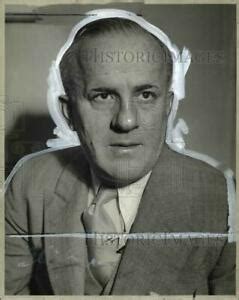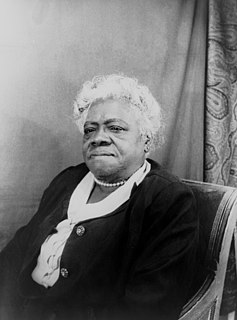A Quote by Arthur Baer
Related Quotes
My mother didn't feel sorry for herself, she was left with no child support, no alimony at a very young age, with a child to raise, a high school education and she just figured it out. She didn't complain, she didn't rely upon government, she relied upon her own skill set, her own self confidence, her own drive in moxie and her own duty to me and her and she relied upon her family and her faith.
In this moment she felt that she had been robbed of an enormous number of valuable things, whether material or intangible: things lost or broken by her own fault, things she had forgotten and left in houses when she moved: books borrowed from her and not returned, journeys she had planned and had not made, words she had waited to hear spoken to her and had not heard, and the words she meant to answer with. . . .
By no amount of agile exercising of a wistful imagination could my mother have been called lenient. Generous she was; indulgent never. Kind, yes, permissive, never. In her world, people she accepted paddled their own canoes, pulled their own weight, put their own shoulders to their own plows and pushed like hell.
She'd assumed she'd be married and have kids by this age, that she would be grooming her own daughter for this, as her friends were doing. She wanted it so much she would dream about it sometimes, and then she would wake up with the skin at her wrists and neck red from the scratchy lace of the wedding gown she'd dreamed of wearing. But she'd never felt anything for the men she'd dated, nothing beyond her own desperation. And her desire to marry wasn't strong enough, would never be strong enough, to allow her to marry a man she didn't love.
What about Isabelle?" Simon asked. "Where is she?" The humor, such as it was, left Jace's expression. "She won't come out of her room," he said. "She thinks that what happened to Max was her fault. She won't even come to the funeral." "Have you tried talking to her?" "No," Jace said, "we've been punching her repeatedly in the face instead. Why, do you think that won't work?" "Just thought I'd ask." Simon's tone was mild.
The universal nature has no external space; but the wondrous part of her art is that though she has circumscribed herself, everything which is within her which appears to decay and to grow old and to be useless she changes into herself, and again makes other new things from these very same, so that she requires neither substance from without nor wants a place into which she may cast that which decays. She is content then with her own space, and her own matter, and her own art.
Charity never lacks what is her own, all that she needs for her own security. Not alone does she have it, she abounds with it. She wants this abundance for herself that she may share it with all; and she reserves enough for herself so that she disappoints nobody. For charity is perfect only when full.
































